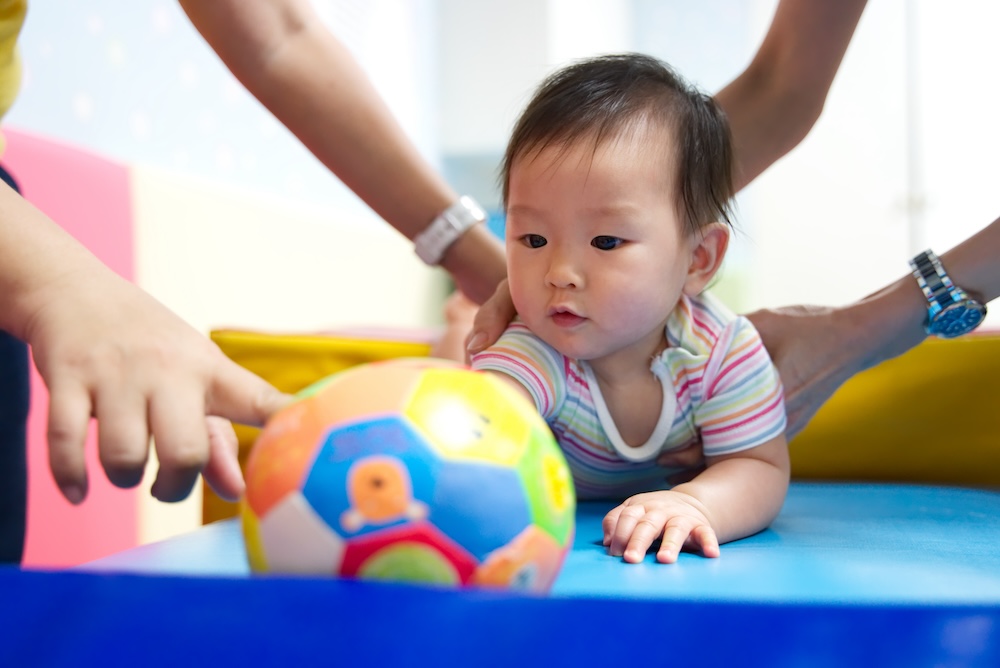As kids enjoy their summer break, it’s important that they also maintain and grow their skills so that they’re prepared for the new school year ahead. You can help them set routines and participate in activities that will not only keep them learning but also make it fun so it doesn’t feel like a boring chore! We have tips to encourage your children to grow their physical, mental, and emotional skills.
Physical activity is essential for children as it strengthens their body and helps keep them at a healthy weight. It also teaches your kids valuable skills. For example, when kids play sports, they learn teamwork, coordination, and problem-solving. It is recommended that children get at least 60 minutes of physical activity per day, so try to engage your kids in activities and games that they like, i.e. roller blading, bike riding, soccer, baseball, etc. Swimming, in particular, is a great sport for kids to learn because they also develop water survival skills that can protect them from drowning.
In addition to physical activity, it’s also good for kids to spend time outdoors and in nature. Consider taking walks with them and point things out to spark their curiosity. A walk in nature can enhance children’s understanding of their environment and develop language skills as they learn how to describe their observations. You can also play fun games with young children like having them count the number of animals or trees they see to maintain mathematical skills.
Indoor activities during the summer are beneficial too. Encourage your children’s creativity by having them draw or paint pictures, using clay or Play-Doh to make art, learning how to play an instrument, or participating in games like charades and dance challenges. Creativity can strengthen academic skills and improve your child’s learning abilities for when they start or go back to school. It is also recommended that kids spend time reading books. Reading teaches kids new vocabulary, grammar, and writing, introduces them to world and life concepts, and grows their language and cognitive abilities. It’s an important skill to maintain during summer vacation so that they are ready for a more advanced level of reading when they begin the next new grade in school.
Another fun way to enrich your children’s learning is to take them to a museum. Going to the museum is a great opportunity for education while also being an interactive and engaging experience for kids to learn new topics or retain knowledge of things they learned in school. There are also a variety of summer camps and classes for kids to spend time out of the house, interact with their peers, and build relationships. Try to find workshops and camps that suit your kids’ interests, i.e. art, music, STEM (Science, Technology, Math, and Engineering), etc.
We also recommend doing things at home together as a family like cooking meals and baking. Cooking engages your children’s senses as they get to explore different tastes, smells, and food textures. It’s an opportunity to teach kids about nutrition and healthy habits as well. Make sure to talk about the different food groups and ways to balance them as you create recipes together.
Remember, learning can be fun and done through enriching activities that inspire your kids to continue building their skills so that they are prepared and ready to start the new school year!



